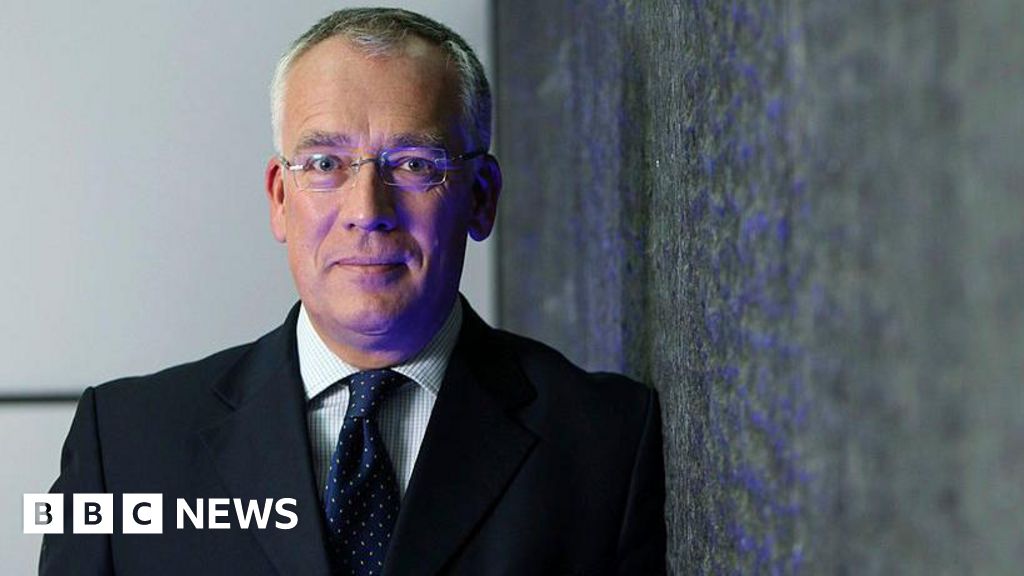Here is the text without any HTML and plain text:
Richard Meddings, a former banker, is the chair of NHS England. The chair of NHS England has said he does not disagree with the abolishing of the organisation – although he warns that the buck will now stop with ministers.
There will no longer be a separate vehicle that can be pointed at to say that’s what got it wrong, Richard Meddings told BBC Radio 4’s The World This Weekend, in the first interview with a senior official from the organisation since it was announced it would be abolished.
Earlier this week the government confirmed the administrative body would be swallowed up by the Department of Health and Social Care. It will not affect patient care in hospitals, GP practices, and other health organisations but it will change how the NHS is run.
Mr Meddings, who is due to step down at the end of this month, acknowledged that ministers wanted to be involved in the running of the NHS, but argued there had been a subtle form of micromanagement.
At times, some weeks, almost 20 new instructions, commissions coming from government and ministers into the system, he said.
The government has argued that cutting around 9,000 jobs with the shift of NHS England into the Department of Health would free up resources for frontline services, perhaps as much as £500 million a year. Having two organisations often duplicating work, they say, led to wasted time and needless costs.
But one NHS source noted that the government claimed credit for the fall in the overall waiting list for planned treatment since the election and a two million year-on-year increase in the number of appointments and operations – performance delivered on NHS England’s watch. The same source pointed out that with decrepit hospital buildings a new leadership structure won’t make it any easier to carry out operations and care for patients.
These are huge structural changes for the leadership of the NHS and health administration in England. But they will take time to implement. Moving two large organisations into one and implementing 9,000 redundancies will take up a lot of management time and there are warnings of possible distraction from the day-to-day running of services. Patients won’t see much difference for a while yet.
Source link




